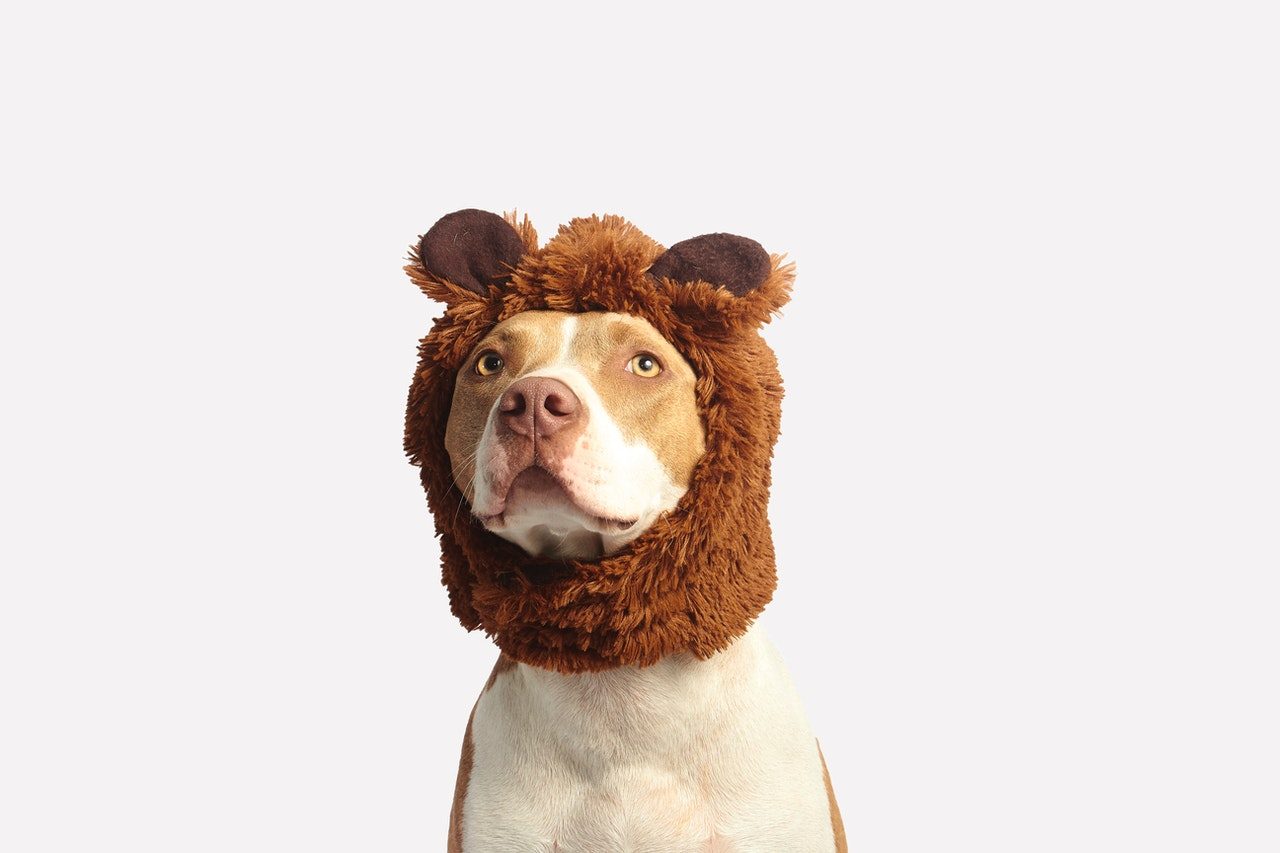Throughout history, no dog breed has ever been vilified quite like the pit bull. Often depicted as violent, aggressive animals who will turn on their owners in the blink of an eye, pit bulls are actually banned in cities in over 40 states. In fact, many people fear pit bulls so much they refuse to adopt them. Unfortunately, pit bulls have one of the highest euthanasia rates of any breed. But we have some good news: With the rise of pit bull advocacy groups, this controversial breed is finally gaining public support. Is a pit bull the right dog for you? Here’s what you need to know before you consider adopting a pit.

What is a pit bull?
With so much fuss being made over pit bulls, it might surprise you to learn that a “pit bull” isn’t actually a breed at all. Instead, pit bull is an umbrella term used to describe pit bull-type dog breeds. American pit bull terriers, American Staffordshire terriers, Staffordshire bull terriers, and even the tiny French bulldog are all “bully breeds.” (For clarification, we’re talking about the larger, more intimidating bully breeds this time around.)
Pit bull history
Originating in the United Kingdom in the 1800s, the first pit bulls were bred to compete in a horrific sport called bull baiting. While the 1835 Cruelty to Animals Act made bull baiting illegal, the pit bull was also used in a practice called “ratting,” which helped inspire their name. In ratting, rats were dropped into a pit, and dogs were released to capture and kill them. The dog who killed the most rats in the shortest amount of time was crowned the winner, and the breed became known as “pit bulls.” During this time, many pit bulls were also used as fighting dogs.
Fortunately, not all humans saw pit bulls as potential fighting dogs. Pit bulls — affectionately called “pibbles” by aficionados — worked on farms herding cattle. Known for their gentle, watchful nature, pit bulls became known as a “nanny breed” because of their dedication to their family, particularly young children.

Are pit bulls aggressive?
When it comes to pit bull characteristics, the first word that springs to mind is often “aggression.” Authors of pit bull-centric breed-specific legislation (BSL) would have you believe pit bulls are ticking time bombs. According to the experts at the ASPCA, the myth that all pit bulls are aggressive is not only a false narrative, but it’s one that doesn’t even make sense.
From the ASPCA’s official position statement on pit bulls: “These dogs have long been popular family pets, noted for their gentleness, affection, and loyalty. And even those pit bulls bred to fight other animals were not prone to aggressiveness toward people. Dogs used for fighting needed to be routinely handled by people; therefore aggression toward people was not tolerated.”
That being said, if you adopt a pit bull rescued from a fighting ring, you may want to refrain from adopting other animals. Cats, smaller dogs, and rabbits are frequently used as bait animals in dogfighting rings, so there’s a chance your pit bull will instinctively chase a small animal.
What can you expect from your pit bull’s temperament?
According to the American Temperament Test Society (ATTS) Temperament Test, which focuses on various aspects of a dog’s temperament including traits like shyness and aggression, the pit bull had an 86 percent pass rate. Meanwhile, golden retrievers, a breed renowned for its friendliness, had a pass rate of 85.2 percent. If the ATTS Temperament Test is correct, that means pit bulls are actually less aggressive than one of the world’s most popular dog breeds.
When raised in a loving home and properly socialized, pit bulls are friendly, affectionate, and clownish. Pit bulls can be prone to separation anxiety, so you’ll want to train your dog properly from a young age. Crate training your pibble can help him feel safe and secure while you’re away from home. Pits also require plenty of exercise to burn off excess energy, so make sure to take your pup for frequent walks. (Exercise will help reduce his separation anxiety, too.)

Here at Pawtracks, we believe there are no bad dogs; there are only bad owners. While the pit bull has been maligned by the press for over a century, these friendly, intelligent pups are so inherently gentle they’re often used as therapy dogs. With early socialization, consistent training, and spending lots of quality time together, a pit bull can easily become a cherished member of your family.




